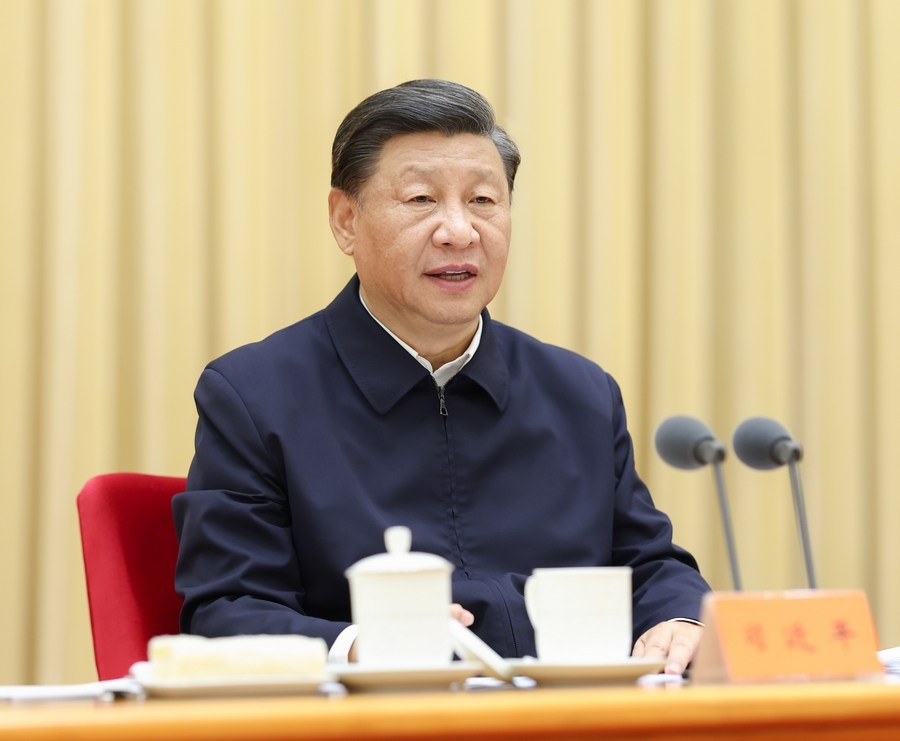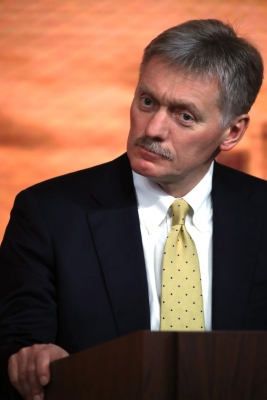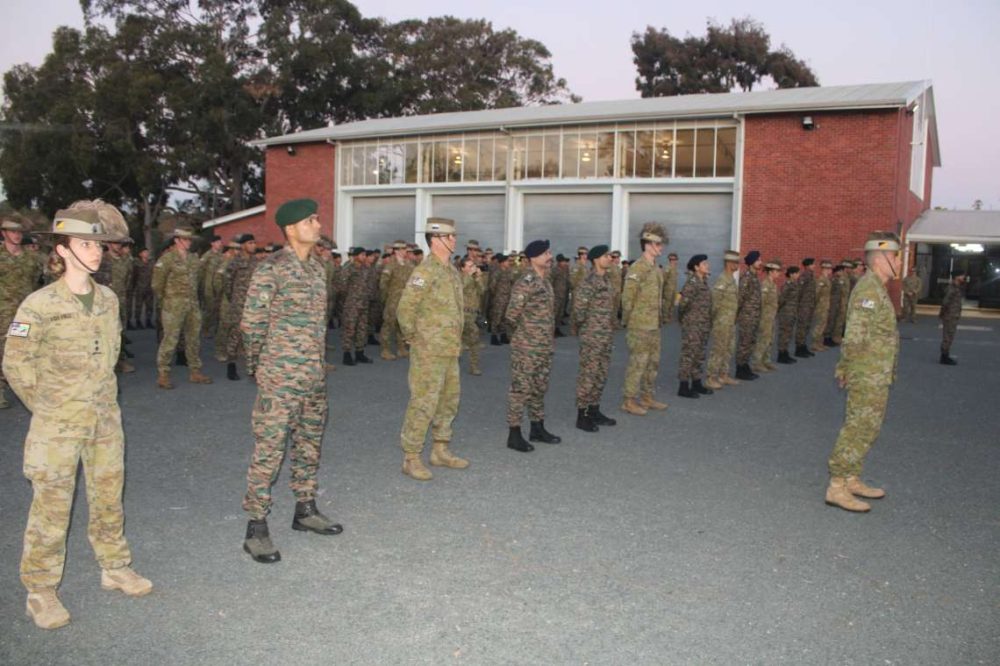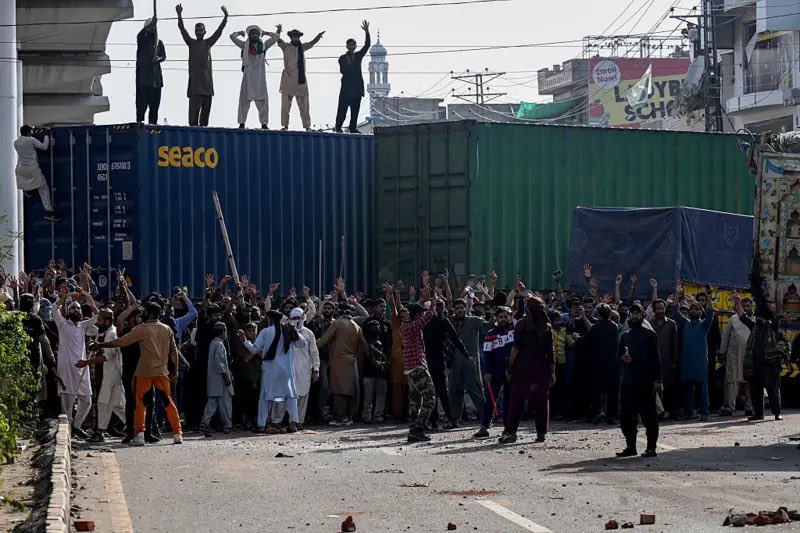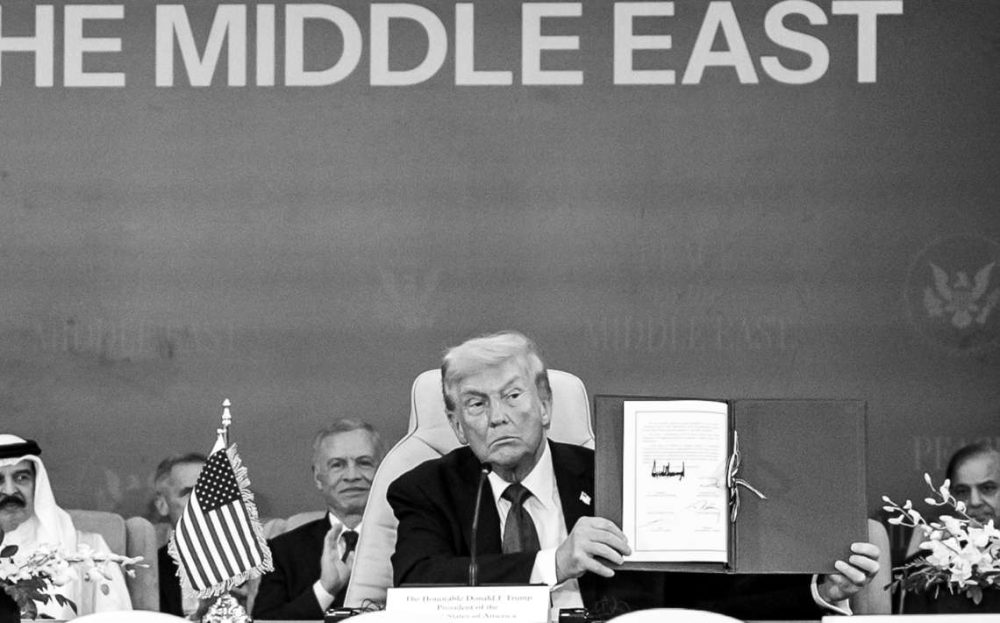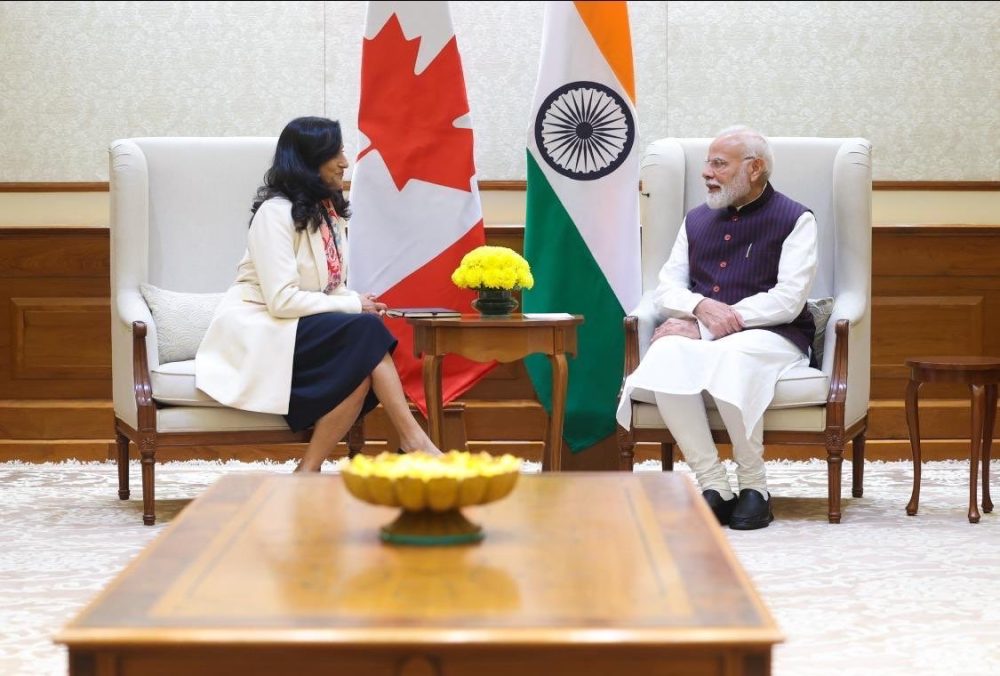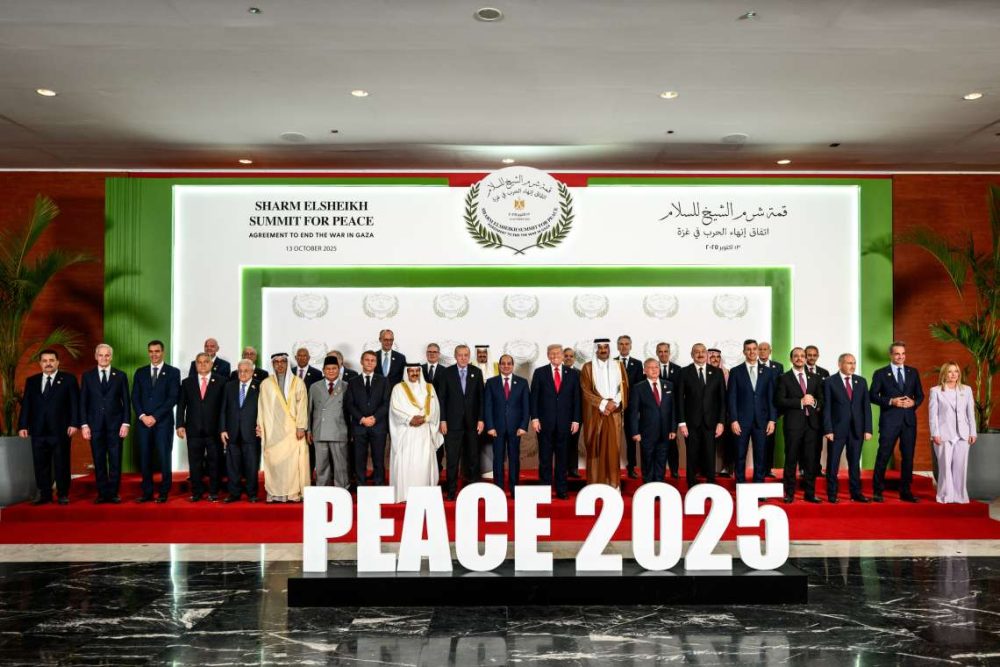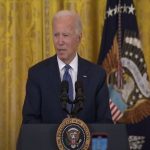Xi made the offer during a telephone call on Wednesday with Zelenskiy and offered to help facilitate peace talks aimed at achieving a ceasefire…reports Asian Lite News
The Chinese president, Xi Jinping, will send a delegation to Ukraine to hold talks with all parties on resolving the conflict there, after his first phone call with his Ukrainian counterpart, Volodymyr Zelenskiy, since Russia invaded in February 2022.
According to Chinese state media, Xi made the offer during a telephone call on Wednesday with Zelenskiy and offered to help facilitate peace talks aimed at achieving a ceasefire as soon as possible.
Xi also appeared to pledge China would remain neutral in the conflict, saying Beijing “will neither watch the fire from the other side, nor add fuel to the fire, let alone take advantage of the crisis to profit”, according to CCTV.
Zelenskiy described the phone call, said by aides to be almost an hour, as “long and meaningful” and said the two had discussed “possible cooperation to reach a fair and sustainable peace”.
But he insisted Ukraine would not give up on lost territory: “There can be no peace at the expense of territorial compromises. The territorial integrity of Ukraine must be restored within the 1991 borders,” he said in readout of the call on Telegram.
China remains Russia’s top strategic ally in the midst of the conflict but despite that and scepticism in Ukraine over Chinese peace proposals, Kyiv has been keen to keep communications open with Beijing – not least after Xi’s recent high-profile summit in Moscow where Russia and China pledged “undying friendship”.
The call was confirmed by Hua Chunying the Chinese ministry of foreign affairs spokesperson, on her Twitter page. “What China has done to help resolve the Ukraine crisis has been above board,” added Yu Jun, the deputy head of the foreign ministry’s Eurasian department.
Providing further details of the contact, a report on Chinese state TV said Xi had told the Ukrainian leader: “Negotiation is the only viable way out,” adding: “There is no winner in a nuclear war.”
Xi added: “When dealing with the nuclear issue, all parties concerned should remain calm and restrained, truly focus on the future and destiny of themselves and all mankind, and jointly manage and control the crisis.”
Other than a reference to avoiding nuclear war, Xi refrained from using the term “war” to describe the conflict, referring instead to the “Ukrainian crisis”, according to an official readout of the call.
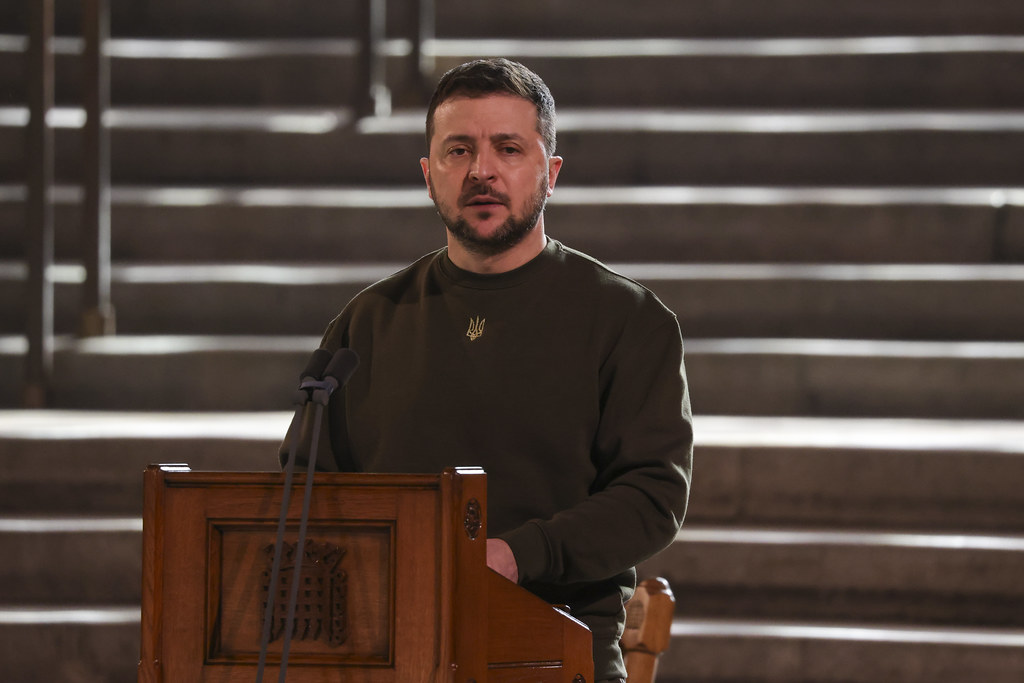
Some analysts noted that the call came shortly after Lu Shaye, China’s ambassador to France, made comments in which he questioned the sovereignty of former Soviet states, causing a furore in Europe. China’s ministry of foreign affairs disavowed the remarks, calling them “personal comments”, in an unusual rebuke of its own official.
Beijing is trying to preserve its relationship with the European Union, and is presenting Xi as a peacemaker in the conflict in Ukraine to help further that aim.
There have been signs that China is unhappy about how Russia’s invasion has played out, with Vladimir Putin himself saying last September that Xi had “questions and concerns” about the war.
But China is under increasing pressure from western governments, which have called it a “systemic rival”. And no other allies have the geopolitical and military clout of Russia, even now it stands diminished by military failures in Ukraine and the financial sanctions prompted by the invasion.
Just before Putin ordered troops across the border, China described their partnership as a “no limits” alliance. Repeated meetings between Xi and Putin since then, including Xi’s state visit to Moscow, have left no doubt about where Beijing believes its main interests lie.
According to a Chinese official, Beijing plans to send a delegation to Ukraine and other countries with the aim of starting peace negotiations.
The phone call followed the release of a Chinese-proposed 12-point peace plan, published without arranging a conversation between the two leaders – despite repeated requests from Zelenskiy for a meeting with Xi both before and after he visited Russia’s President Vladimir Putin in Moscow last month.
Russian opposition leader Alexei Navalny is seen on a screen via video link during a court hearing in Moscow
The peace plan document portrayed China as a neutral party and urged Russia and Ukraine to enter into peace negotiations. Its first point was that “the sovereignty, independence and territorial integrity of all countries must be effectively upheld” but China has consistently refused to expand upon how that relates to the specifics of the Ukraine war, which was triggered when Russia’s forces invaded its neighbour.
It called on Russia and Ukraine to resume peace talks, stating that “dialogue and negotiation are the only viable solution”.
The document was met with scepticism from Ukraine’s allies. The Nato secretary general, Jens Stoltenberg, said Beijing: “Doesn’t have much credibility because they have not been able to condemn the illegal invasion of Ukraine.”
Many at the time pointed to the fact Xi had met Putin but not even called Zelenskiy as evidence that China was not the impartial observer it claimed to be.


